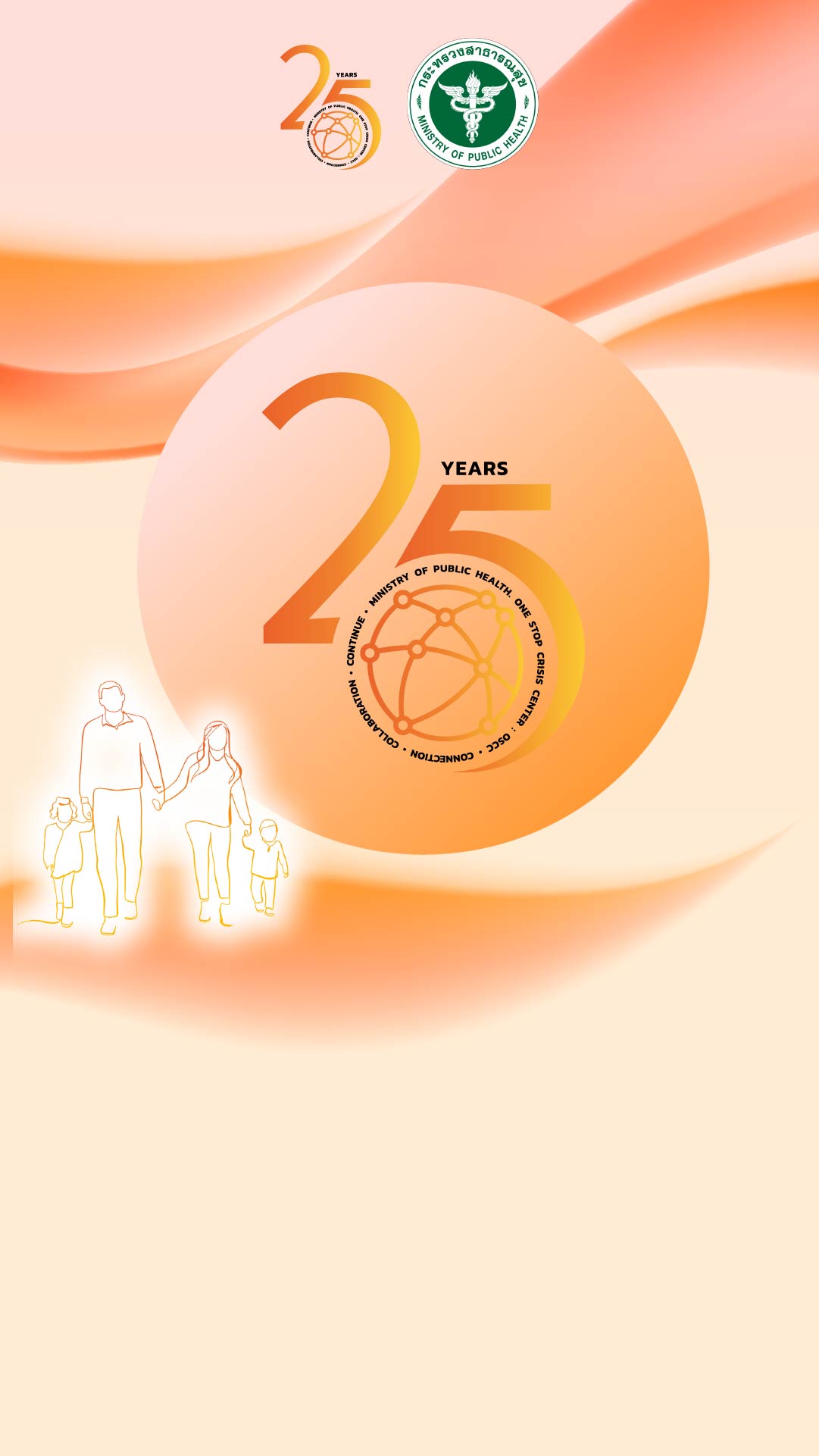Prof. P. Anuruddhi S. Edirisinghe
Senior Professor & Cadre Chair, Department of Forensic Medicine, Faculty of Medicine, University of Kelaniya, Sri Lanka.
MBBS(NCMC), MD(For Med, Col), DLM(Col), DMJ(Lond), FFFLM(UK)
Anuruddhi Samanthika Edirisinghe is the Carder Chair & Senior Professor of Forensic Medicine, in the Faculty of Medicine, University of Kelaniya, Sri Lanka. She graduated from the North Colombo Medical College in 1995 (8th Batch) and commenced her career in Forensic Medicine in 2000. She completed her specialist training in University of Edinburg after obtaining DLM(2001), MD(For Med)(2003) by University of Colombo Sri Lanka. During her overseas training she has obtained DMJ(Lond)(2005). Later she of obtained MFFLM(UK) in 2012 and became a fellow in 2020. She is a trainer and examiner Forensic Medicine in Sri Lanka from 2006. Further, she has contributed to many National Guidelines related to her discipline as well as National Guideline on management of child abuse. She has held many posts in professional organizations including CFPSL, Medico-Legal Society and INPALMS. She is the first female to hold a forensic carder chair post in a National University in Sri Lanka. She has journal publications over 50, one book, 2 book chapters and over 300 presentations in local/international scientific conferences including plenaries, keynotes, and orations. Her research interests include child abuse, sexual and gender based violence, homicides, vulnerable road users, drunken drivers, unnatural female deaths etc. She is the chair person of the women health committee of Sri Lanka Medical Association and a member in the National Police Academy of Sri Lanka. She is frequently called to the Sri Lanka parliament to give expert opinion in matters related to gender at the policy level. In 2023 November she has been appointed as the President of International Association of Clinical Forensic Medicine.
Sexual Assault Examination in Children- Sri Lankan experience
Sexual Assault/ Abuse Examination of children and reporting to the criminal justice system is a specialist skill where doctors needs training because examination of a child is a challenge to any doctor. Child in contact with the criminal justice either as a victim or an alleged offender needs a through comprehensive examination including mental state assessment. Further a medico-legal assessment includes history taking where the child is not aware of the seriousness or consequences of the incident and in younger children they may not comprehend the sexual nature of the act as well as not having the vocabulary to explain. Therefore, especial interviewing skills is a must in all investigators including medical doctors
In- Sri Lanka MBBS doctor is taught the basics of sexual assault examination including evidence collection at undergraduate level, with limited clinical exposure. However, during post-graduate training of forensic medicine, children subjected to sexual assault/abuse examination is done including skill development of evidence collection, genital examination and report writing under supervision of a specialist.
Case management includes an organization of a clinical case conference within 24 hours where multi-disciplinary management is initiated by forensic experts. The team is comprised of a pediatrician, STI expert, child and adolescent psychiatrist and gynecologist where necessary. After the investigations/ referrals are over the child is transferred to lama-piyasa/ safe home where psychosocial rehabilitation and re-integration process is commenced. During this process institutional case conference is conducted with includes police, probationary, school, child protection experts and care givers. Age appropriate reproductive and sexuality education also commence during this period and if the child is pregnant necessary obstetric support and management too commence. At the end of institutional case conference, a report stating the decisions of the multi-disciplinary team is conveyed to the magistrate through the probation. In instances where children protection can be enhanced through empowering parents releasing them to the parents is done, however in instances where such protection cannot be given to parents a suitable adult / relative is recommended by court directives. All these decisions are taken after social inquiry by police/ probation and child protection experts. These children are followed by the child and adolescent psychiatrist/ pediatrician team for several months/ years depending on the need. In the meantime, forensic expert attend to the report to the court including the management plan too.
